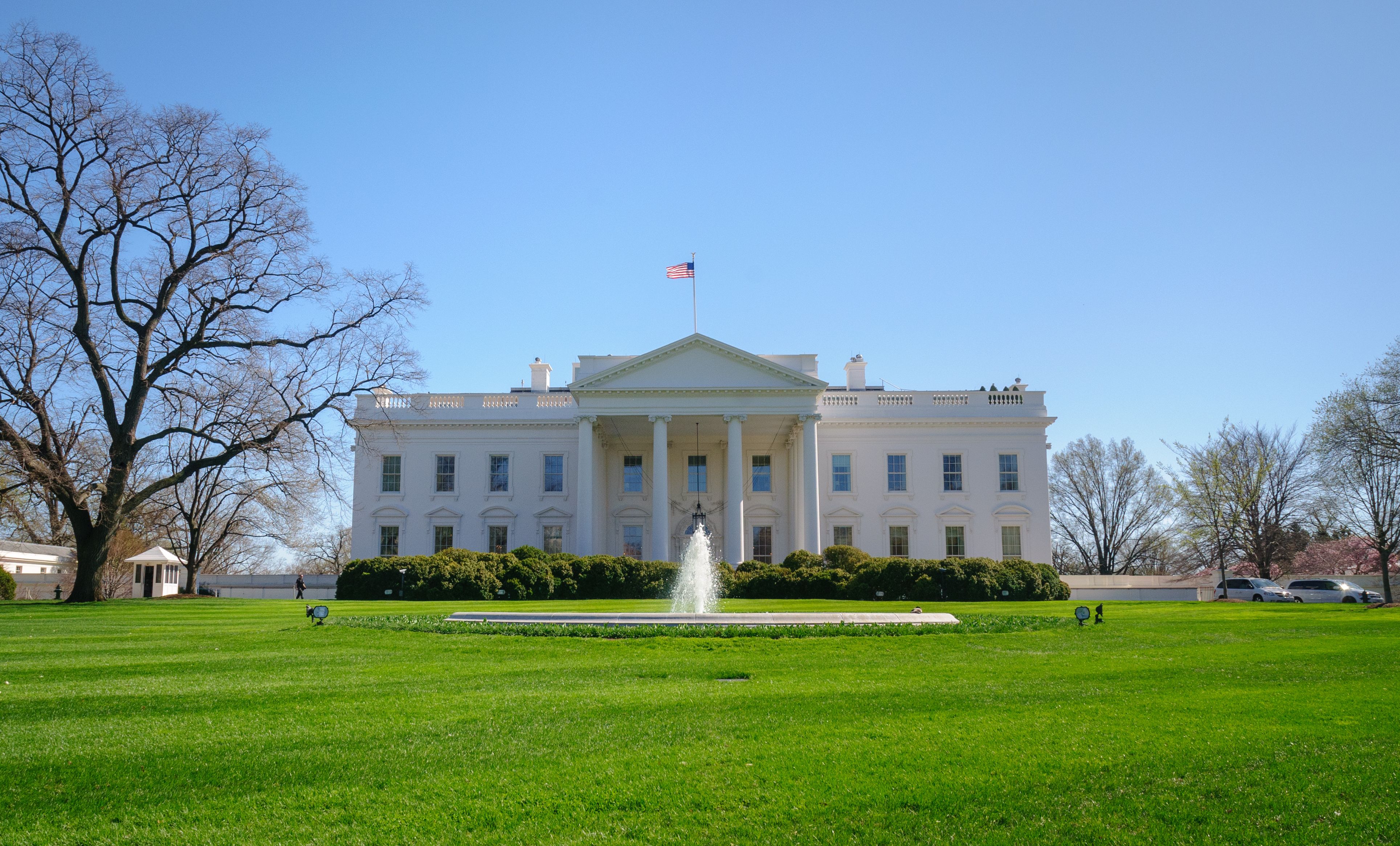Hundreds of healthcare groups urge Trump to protect Medicaid
Health leaders are worried about the prospect of reduced aid to Medicaid, which they say would reduce access to care and deal a financial blow to hospitals.
More than 400 organizations are urging President Donald Trump to protect the Medicaid program.
Hundreds of organizations have written a letter urging President Trump to preserve funding for Medicaid. Analysts say cuts to the Medicaid program would reduce access to care and pose a financial hardship for hospitals.

Trump has vowed to cut government spending, and some healthcare leaders are worried that Trump could look at Medicaid as a place to find savings. Trump has said he’s not planning for any reductions in the Medicare and Social Security programs, and some industry analysts and leaders are worried that Medicaid could see cuts.
On Trump’s first day in office, Families USA and more than 425 healthcare organizations, unions and other groups sent a letter to the president imploring him to protect the program.
Medicaid covers 80 million Americans and helps them get essential care. Healthcare leaders also are making the case that Medicaid provides critical funding to hospitals, including rural hospitals. Analysts note that cuts to the Medicaid program would deliver a financial blow to hospitals, and many providers are still struggling in the wake of the COVID-19 pandemic.
“The importance of Medicaid cannot be overstated,” the letter states. “Medicaid provides insurance for 38 million children and covers more than 40 percent of all births in the country, allowing mothers to deliver safely and children to have a healthy start to life. It is the single most important source of financial support that keeps rural hospitals open to serve the health needs of their communities.”
The groups include the American Public Health Association, the American Association on Health and Disability, the March of Dimes, the National Alliance on Mental Illness, and many others.
In the letter, the groups point out that Americans went to the polls to express their outrage over higher costs for basic needs, including healthcare.
The groups argue that cuts would hurt health systems and states. Beyond cuts in funding, they said they don’t want the Trump administrations to move to block grants, institute work requirements, or take other steps that would “undermine the fundamental structure of the Medicaid program.”
“If instituted, Americans will lose access to lifesaving services, states will be strapped with massive budget holes, hospitals and clinics will lose revenues and be forced to cut staff and scale back services, and American families and workers will be unable to afford essential care and get sicker — leading to a loss in productivity and the economy suffering as a result,” the groups say.
While Trump has not announced cuts or significant changes to the Medicaid program, he has established the Department of Government Efficiency, headed by Elon Musk, to find places to reduce spending.
Hospitals would pay a steep price if there are significant reductions to Medicaid, according to an analysis released last week by Moody’s Ratings. Moody’s also pointed to the impact of reducing subsidies supporting the Affordable Care Act.
“Hospitals could suffer from significant federal funding cuts and regulatory changes affecting Medicaid and state directed payments (SDP), which are administered by state Medicaid agencies but approved by the federal government. A reduction in Medicaid or SDP funding would disproportionately impact hospitals in states that expanded Medicaid under the Affordable Care Act,” the Moody’s report stated.
Lisa Kidder Hrobsky, senior vice president of federal relations, advocacy and political affairs for the American Hospital Association, says that hospitals are going to be pushing Congress and the Trump administration to preserve Medicaid programs.
“We are definitely prepared, beefing up all of our data on Medicaid, making certain that we are able to tell the best story for Medicaid and the patients and the consumers who are part of it,” she told Chief Healthcare Executive®.
Seema Verma, who directed the Centers for Medicare & Medicaid Services during Trump’s first term, said at the HLTH Conference in October that she expected Trump would be looking at the Medicaid program to see how money is spent and to ensure that aid is going to the intended recipients. Verma also said that a Trump administration would give more deference to the states regarding Medicaid.
Telehealth faces a looming deadline in Washington | Healthy Bottom Line podcast
February 12th 2025Once again, the clock is ticking on waivers for telemedicine and hospital-at-home programs. Kyle Zebley of the American Telemedicine Association talks about the push on Congress and the White House.